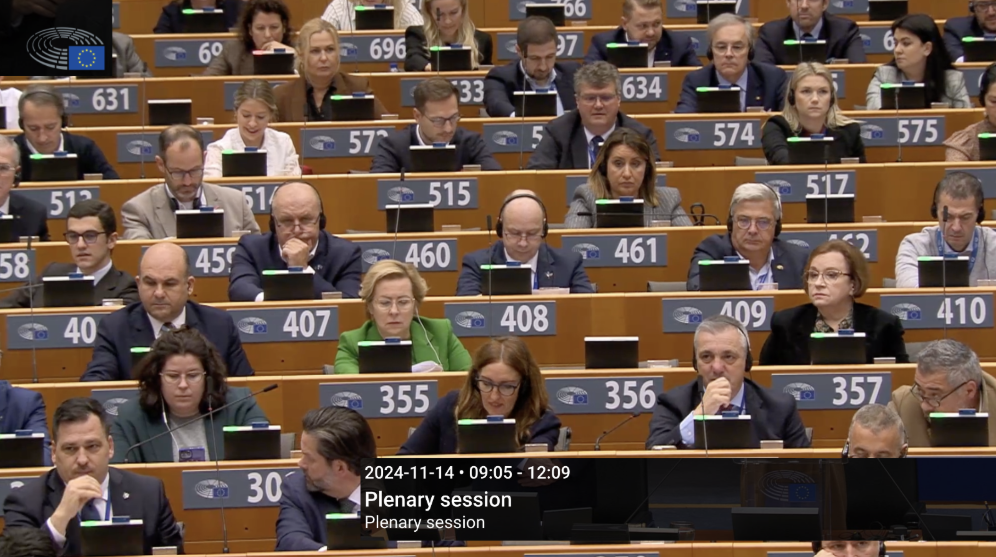Update: November 2024
November 20
On Wednesday, November 20, the EU Council reiterated its support for postponing the application of the EU deforestation regulation by 12 months, shifting the start date from December 30, 2024, to December 30, 2025. The Council also expressed doubts about the amendments approved by the EU Parliament on November 14, emphasizing that these changes are unlikely to impact the core objectives of the existing rules.
The Council aligned with the European Commission’s rationale, highlighting the concerns raised by stakeholders—including third countries, member states, operators, and traders—about the need for sufficient time to prepare for their due diligence obligations. This delay is seen as an opportunity to establish robust systems for assessing deforestation risks, monitoring supply chains, and ensuring compliance with EU regulations, thereby supporting the effective implementation of the rules.
The Council will now inform the European Parliament of its position to begin negotiations. The objective is to have the regulation formally adopted by both co-legislators and published in the Official Journal of the EU, allowing it to enter into force by the end of the year.
November 14
Yesterday, November 14th, the EU Parliament agreed to postpone the application date of the Deforestation Regulation by one year and voted on several amendments.
Postponement
The European institutions approved the Deforestation Regulation in 2023. Its provisions were set to become binding for large companies on December 30, 2024, and six months later for small and micro-enterprises.
However, in October 2024, the European Commission proposed delaying the deadlines by one year, shifting them to the end of 2025 for large companies and mid-2026 for smaller ones. This was meant to address concerns raised by EU member states and non-EU countries who argued that implementing the regulation by the end of 2024 would be unfeasible for full compliance.
Yesterday (November 14th), the EU Parliament voted positively on the postponement.
Amendments
The EU Parliament also adopted several amendments proposed by political groups. The main changes include:
- Introduction of the “no-risk” category: In addition to the existing classifications of low, standard, and high deforestation risk, a “no-risk” category has been added, referring to countries with stable or growing forest areas. Relevant products from no-risk countries would not be subject to due diligence.
- Platform readiness: The information exchange platform and risk classification system (benchmarking) must be available and fully operational at least six months before the regulation’s application date.
Next Steps
For these changes to take effect, a final agreement between the European institutions must be reached by the end of the year; otherwise, the original EUDR proposal will take effect on December 30. One possibility is that the EU Parliament and the Council of the EU will agree on the proposed text. Alternatively, the Commission could withdraw its postponement proposal, in which case the original document and deadlines would remain valid.
Our opinion
EMMA4EU acknowledges and shares concerns regarding the introduction of the “no-risk” category in the countries’ risk classification system. This amendment raises worries about being perceived as a protectionist measure, which could be challenged by the WTO, potentially causing bureaucratic delays.
In addition, there are significant concerns about the regulation’s effectiveness and its potential unintended consequences, such as encouriging the smuggling of commodities from high-risk to “no-risk” countries, and fail to adequately address forest degradation in countries classified as “no risk”.
The one-year postponement must now be used as an opportunity to prepare effectively for full implementation and ensure no further delays.
The EMMA4EU project has identified key training needs for students and professionals to tackle these challenges and support the collective effort to comply with the EUDR and broader transition toward supply chains free of deforestation and forest degradation. Work is already underway to develop a comprehensive training program designed to provide the skills and knowledge needed for this transformation. Read more here.




